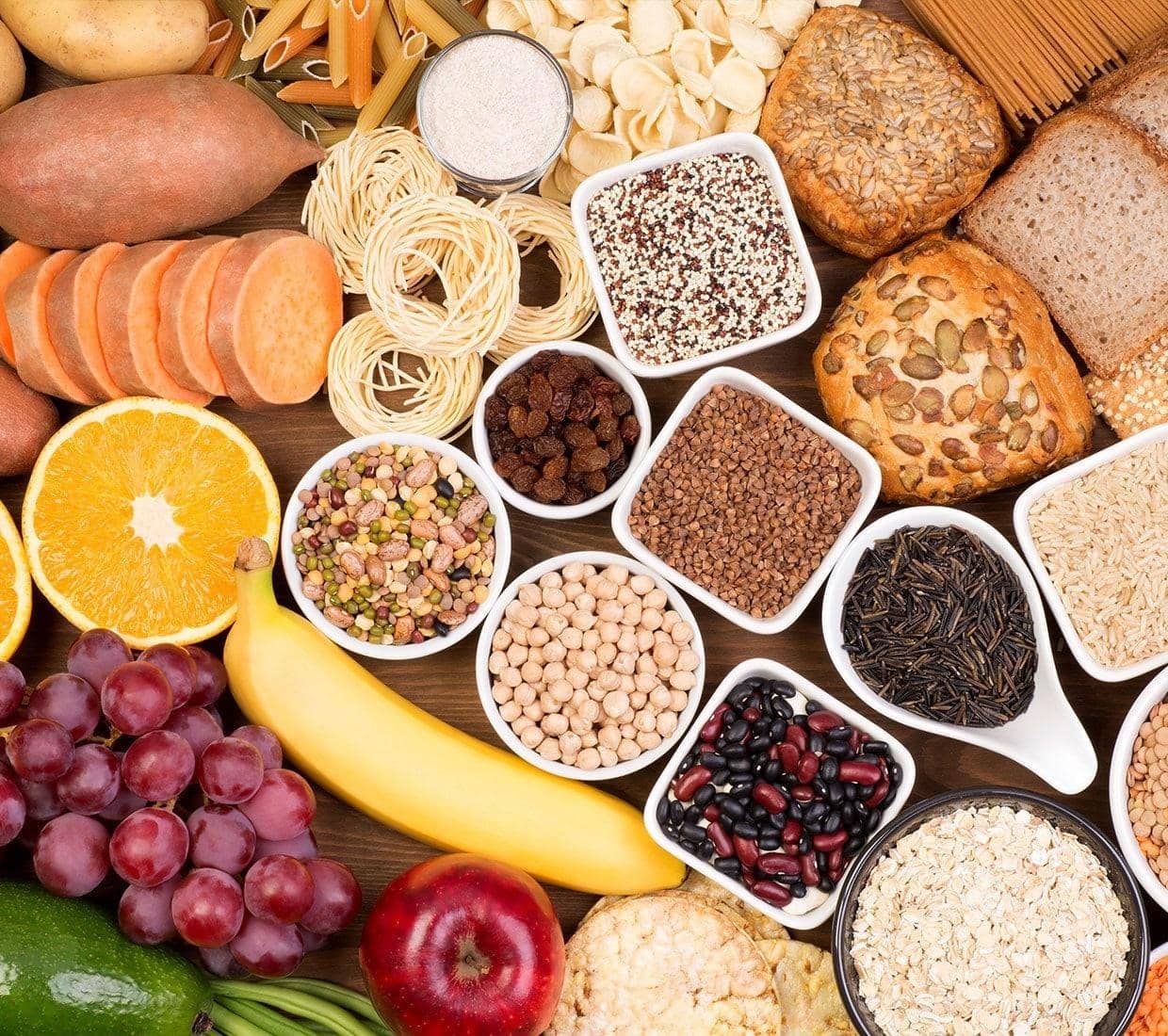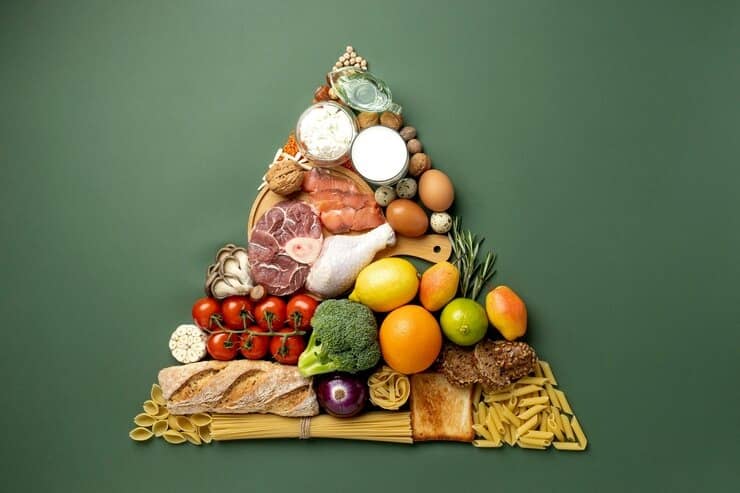
22/01/2024
Admin
Carbohydrates and Health: Should You Avoid Carbs?
Carbohydrates have been unfairly demonized in recent years. The truth is, not all carbs are created equal. While refined carbs like white bread and sugar can contribute to weight gain and health problems, whole food sources of carbs are essential for your health. Whole grains, fruits, potatoes, beans, and legumes are all excellent sources of carbs. They provide energy, fiber, and various beneficial compounds. The key is moderation and choosing whole food sources.
Related Blogs

What is healthy diet:
22/01/24
Admin
A healthy eating pattern is one that provides enough of each essential nutrient from nutrient-dense foods, contains a variety of foods from all of the basic food groups, and focuses on balancing calories consumed with calories expended to help you achieve and sustain a healthy weight. This eating pattern limits intake of solid fats, sugar, salt (sodium)

How is food digested?
10/12/24
Admin
Digestion begins in the mouth, when we chew and swallow, and is completed in the small intestine. Digestion involves the mixing of food, its movement through the digestive tract, and the breakdown of food into smaller molecules. The digestive process varies for different kinds of food.

How much water should I drink daily?
22/01/24
Admin
Water is essential for energy and optimal health. There are general
guidelines for daily intake, but your individual
needs may vary based on your overall health, activity level, and where you
live.
Most of us don’t get enough water, and the amount needed is often more than
what we think.
In general, the U.S. National Academies of Science, Engineering, and
Medicine determined that men need an average of
15.5 cups (3.7 liters) and women need an average of 11.5 (2.7 liters) per
day.
This total amount includes water that is in the form of plain water, other
beverages, and food. Foods high in water
content include fruits and vegetables and can account for up to 20% of
average daily water intake.